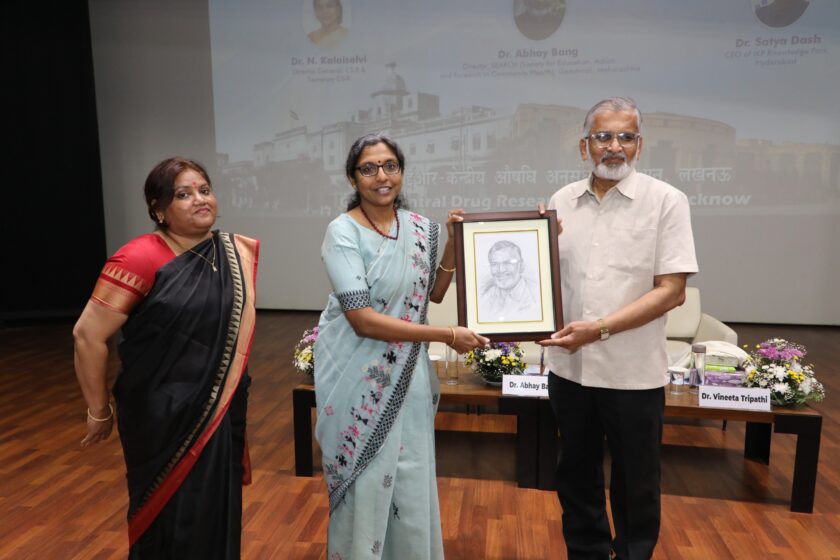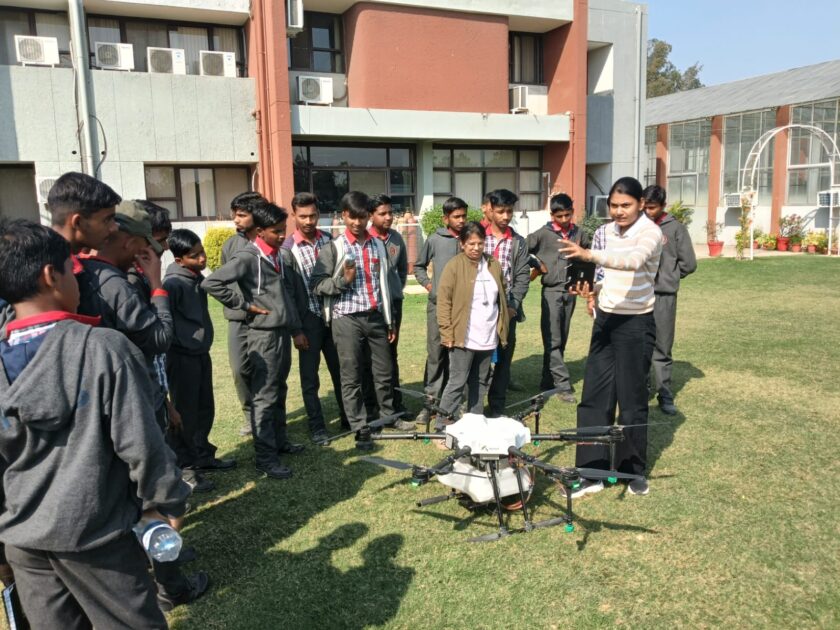Focus on strengthening self-help groups, branding local products, and ensuring accountability through field visits
Lucknow: Uttar Pradesh Deputy Chief Minister Keshav Prasad Maurya has directed officials of the Rural Development Department to accelerate livelihood enhancement initiatives for rural women. Stressing the importance of making Self-Help Groups (SHGs) more active and effective, he urged officials to take concrete steps to empower the women associated with these groups—popularly known as Didis—to become self-reliant and economically independent.
Addressing a departmental review meeting, Maurya emphasized the need for branding and marketing of goods produced by SHGs to increase their visibility and demand. He called for comprehensive reviews and consistent field visits to understand the ground realities and ensure effective implementation of schemes under the State Rural Livelihood Mission (SRLM). “Accountability must be fixed at every level to translate these schemes into impactful outcomes,” he added.
According to data from the SRLM, around 8.84 lakh self-help groups and 61,484 village organizations have been formed across the state. However, a significant number of these SHGs and organizations are yet to have their profiles updated on the Sakhi App, which is being monitored regularly. Officials were instructed to focus on reactivating Sakhi group leaders and to strengthen the digital and operational integration of all SHGs.

Mission Director of the SRLM, Deepa Ranjan, directed all Chief Development Officers to identify inactive Sakhi leaders and replace them with capable women as per the mission’s prescribed guidelines. She further instructed that detailed information about such replacements be shared with the mission headquarters in the given format. All Deputy Commissioners (Self-Employment) have been asked to carry out this task with utmost seriousness and sensitivity.
The Deputy Chief Minister reiterated the government’s commitment to uplifting rural women through economic initiatives and called for stronger monitoring mechanisms and support systems to ensure long-term sustainability and success of SHGs.









